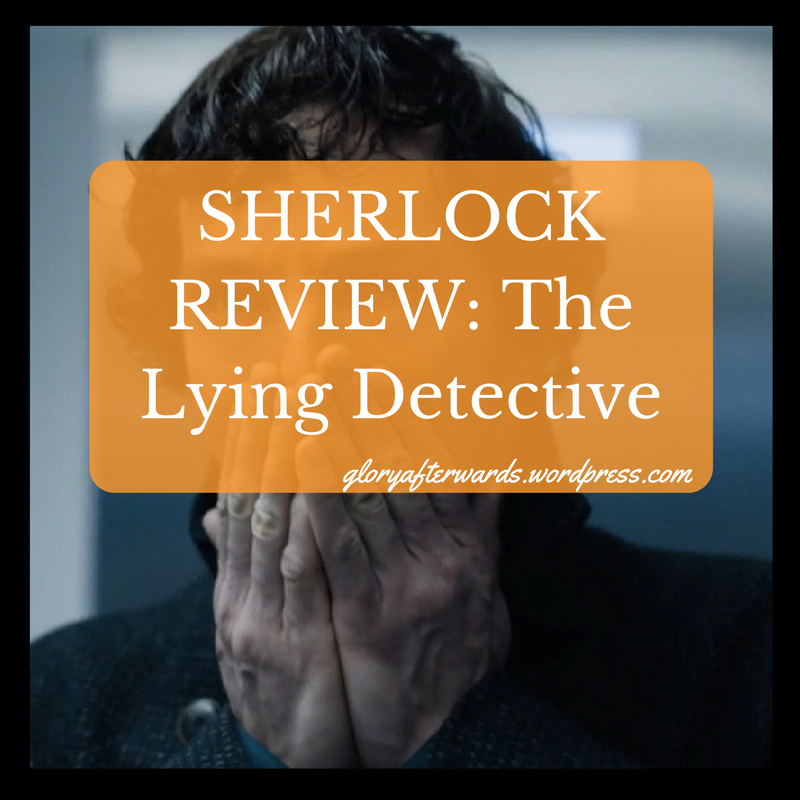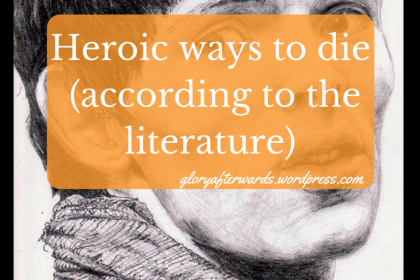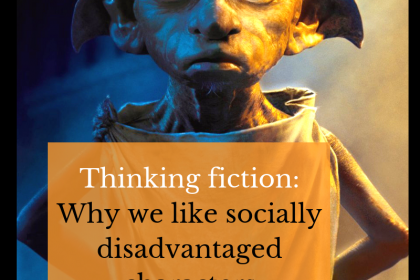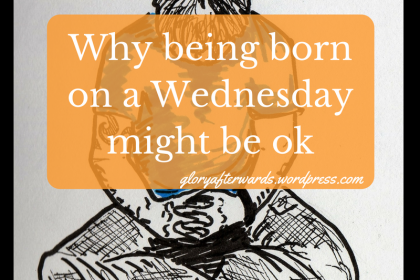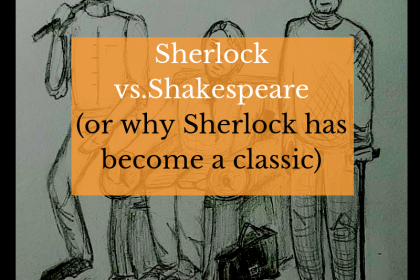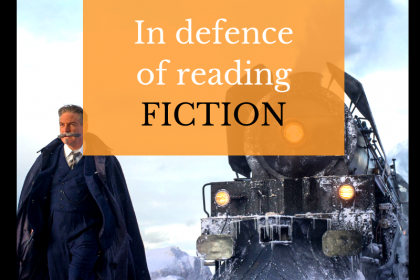This is my second review/response to SHERLOCK Season 4. It focuses on the second episode, The Lying Detective, loosely based on Doyle’s original short story, The Dying Detective.
It took me a while to formulate this post. You see, I really, really loved the episode, to the point where I think it might be the best SHERLOCK to date – and yet I couldn’t really pin-point why.
It’s an episode about the aftermath of loss. It asks questions like:
Is there a right way to express grief?
Can you go ‘too far’ to achieve a goal?
What does it mean to be a good man?
And lastly, are any of us really ‘good’? And if not, how do we live in light of that?
What I liked
The crafting
Visually and technically, this episode was brilliant. The cutting and editing was fast-paced. The scenery added rather than subtracted to the story. There was beauty and care put into it. The story too, was extremely well-written. The narrative was suspenseful, and kept the viewer constantly questioning: can we trust Sherlock? Can we trust John? What are their respective plans? What are their motives? And how on earth are they going to resolve the huge story disruption which was Mary’s death?
“Why does everything have to be understandable? Why can’t some things be unacceptable, and we just say that?” – John
The focus
I watched this episode twice in two days, and the second time I did not feel the urge to skip over anything. I think that’s because no time is wasted dwelling on alternate characters. The entire focus of this episode was on Sherlock and John. I watch this show because I am fascinated by the manner in which it explores their persons, and this episode did that from start to finish. I feel as though I could easily watch it a 3rd time, simply due to the depth of meaning and complexity of the scenes, the short lines, the brief snatches of action.
The focus here was on Sherlock, and I really, really value that they managed to portray the fact that Mary’s death humbled him, shook him and disrupted his life, and yet at the same time, they do not lose sight of his genius and mastery. This Sherlock feels deeply yet can act ruthlessly. He is a character on whom the viewer can depend, and yet who we are constantly questioning.
Is he a good man? No, I don’t think he is.
Is he a bad man? No, he will never be the villain.
Then what is he? Human.
“In saving my life she conferred a value on it. It is a currency I do not know how to spend.” – Sherlock
The realism
Just as I value the moderation with which Sherlock is portrayed, so I also value the realism with which life is sketched. Don’t get me wrong, like all TV, it is at its very heart fantasy, and at times highly implausible, and yet it also often manages to accurately deal with the human condition.
It dealt with the death of Mary Watson by dealing with the life that happens afterwards. There is always, always an aftermath to death, and often TV shows choose the easy route and skip ahead a few years, or a few weeks. SHERLOCK refuses to do this. Life is messy for Sherlock and John after Mary’s death. They are broken, and (apart from Sherlock being alive) have effectively gained nothing from Mary’s death.
This is realistic.
John is struggling, Sherlock is struggling – and this comes out in their interactions towards others, and towards themselves.
“No I’m not okay and I’m never going to be okay. And we need to accept that. Because it is what it is. And what it is, is shit.” – John
What I liked less
The huge twist
I’m not unhappy with the revelation that John’s therapist, Culverton’s daughter, John’s ‘lady on the bus’ were all one person, Sherlock’s sister. Yes it deviates from canon dramatically (which I’m often hesitant to applaud, as it’s usually for the sake of sensationalism) but I’m actually fascinated to see how it plays out. I really liked Culverton’s ‘daughter’.
Still… I’m on the fence, and will reserve my judgement until the next episode.
No free will
Last episode Sherlock was utterly against any idea that our life might be predestined – and yet, here he is, effectively ‘pre-destining’ John’s life. I know in reality he only predicts, but he also manipulates and something in that doesn’t sit quite right with me. Not, I think, because it is an invasion of privacy in real life but because within the narrative it takes away some of the realism, and reminds us that this is merely a reproduction, a heightened reality.
“Keep your hands off. Your life is not your own.” – Sherlock
“You didn’t kill my wife”
I’m going against a lot of reviewers when I say this, but I think John’s anger towards Sherlock was understandable. While yes, Mary chose to leap in from of him, there would have been absolutely no need for that leap at all if Sherlock had not goaded Mrs. Norbury. And so, to some extent, Sherlock is to blame for Mary’s death.
“Sherlock – It’s okay.
John – It’s not okay.
Sherlock – No. But it is what it is.”
Conclusion
I appreciate the questioning that goes on in this episode. Like my other favourite episodes, it is very thematically strong and really delves into the complexity of being human. I think I value the episodes which force us to question the characters:
A Study in Pink – is Sherlock a man worth following?
A Scandal in Belgravia – will Sherlock (deviate from canon and) fall in love?
The Reichenbach Fall – will Sherlock die in fame or disgrace?
His Last Vow – will Sherlock fail to keep his vow?
The Lying Detective – will Sherlock adequately deal with bereavement?
I appreciate that this episode acknowledges that life is hard, and often not ideal. I admire that John Watson fights so hard to acknowledge that his behaviour is wrong and he must strive towards a higher standard. The episode does not address why this is the case. It straddles dangerous waters: there’s a difference between accepting that we are flawed, and accepting our flaws.
Still, it leaves us much to ponder, and that, I think, is important. If something cannot point us directly to Christ, the next best thing it can do is force us to question and ponder our world and values.



